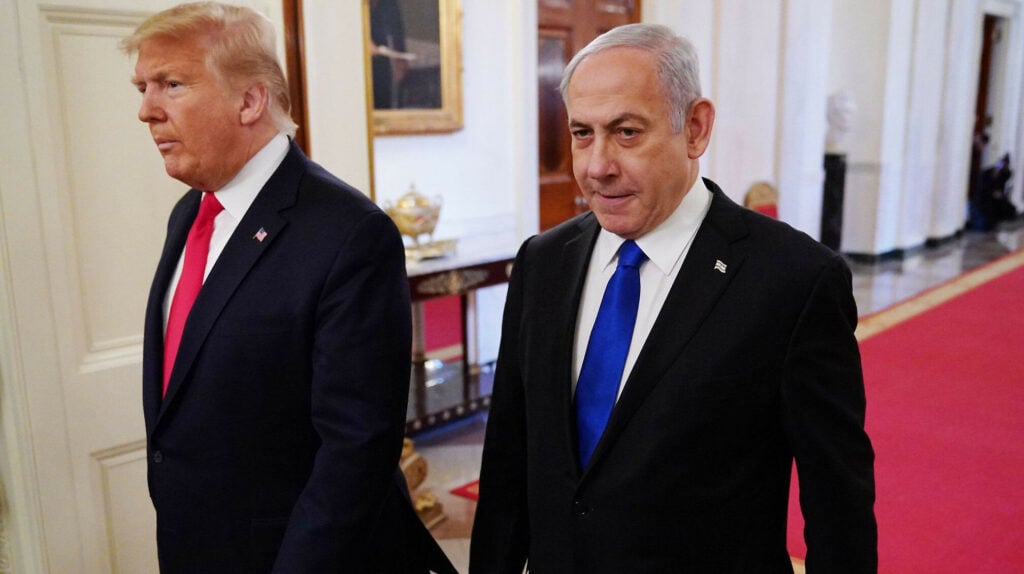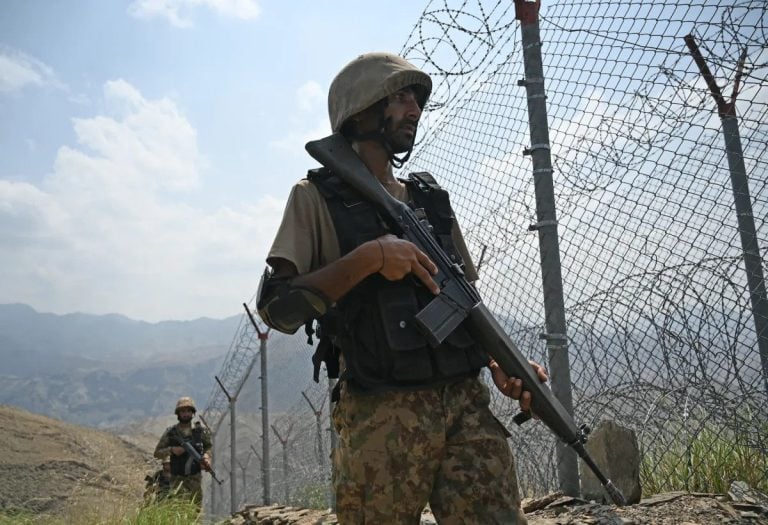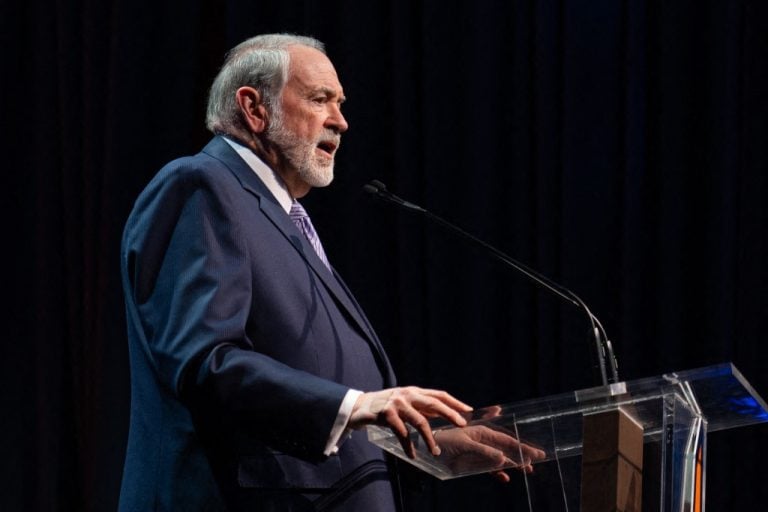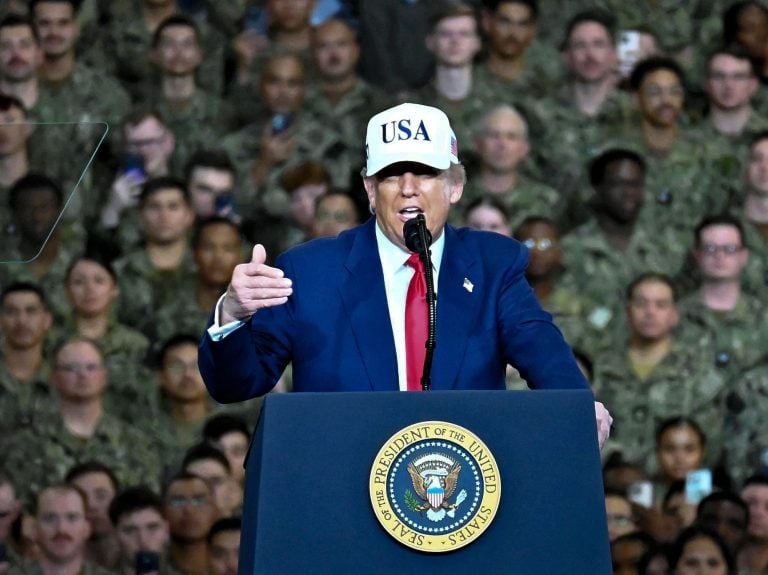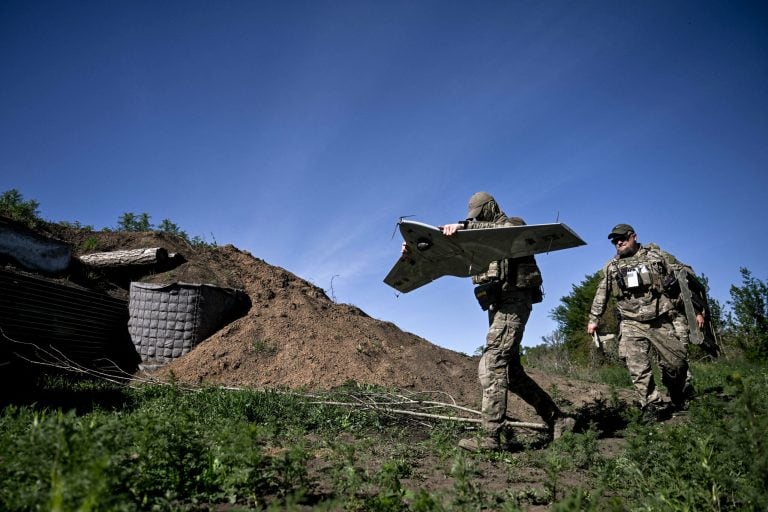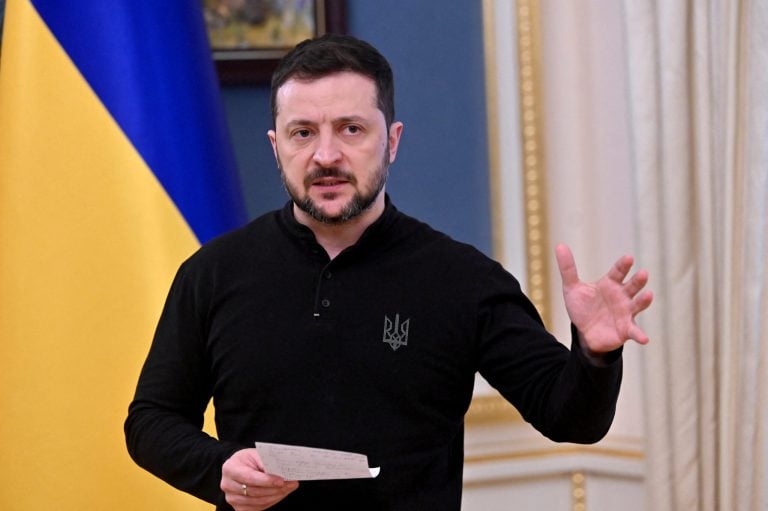For President Donald Trump, the goal of avoiding another “forever war” has been a fundamental principle of his foreign policy. However, escalating tensions surrounding Israel’s extensive military operations against Iran are poised to challenge this commitment in unprecedented ways, potentially sparking a conflict that could divide Trump’s support base.
Previously, Trump had urged Israel to refrain from military actions as he pursued diplomatic negotiations, with U.S. envoy Steve Witkoff scheduled to engage with Iranian officials for negotiations. Just hours before Israel’s recent attacks, Trump expressed concerns that such strikes could ignite a “massive conflict.” Yet, he later commended the Israeli actions, labeling them as “excellent” and crediting Israel’s military prowess to American support, hinting at further escalations unless Iran concedes to negotiations.
Secretary of State Marco Rubio confirmed the U.S. stance of non-involvement in the strikes while simultaneously warning Iran against any retaliation that might affect thousands of U.S. troops positioned in nearby nations. Nevertheless, a U.S. official disclosed that American military support was being extended to Israel in intercepting Iranian missiles launched in response to the strikes, signaling a nuanced involvement.
Analysts suggest that the U.S. strategy aims to assist Israel while maintaining a public posture of neutrality, with the hope that Iranian leadership will assess the risks and benefits of escalating the conflict. Currently, Iranian leaders are believed to be focused on maintaining their regime, contemplating whether to accept a difficult agreement or to escalate hostilities further, potentially destabilizing the oil-rich Gulf region and impacting global oil prices.
Within Trump’s Republican Party, overwhelming support for Israel is present, bolstered by Prime Minister Benjamin Netanyahu’s longstanding portrayal of Iran as a grave threat. However, Trump’s populist “America First” supporters exhibit skepticism regarding military entanglement, with influential media figures like Tucker Carlson questioning the rationale behind military involvement in both Iran and Ukraine. Carlson’s remarks reflect a growing divide among Trump’s advisers and supporters about military strategies, with some advocating for peace while others appear more aggressive.
Trump’s administration has recently included vocal non-interventionists, exemplified by the national intelligence director, Tulsi Gabbard, who cautioned about the dangers of escalating military actions in a politically charged message. In a prior speech, Trump expressed his desire to lead as a peacemaker amidst a history of U.S. interventions in the Middle East.
Daniel Shapiro, a former U.S. ambassador to Israel, acknowledged that support for Israel’s defense against Iranian reprisals is nearly assured. However, he indicated that the pressing decision lies in whether the U.S. will leverage its capabilities to dismantle Iran’s underground nuclear infrastructure, a move that could provoke significant backlash among his advisers and the broader political base, with accusations of Netanyahu attempting to entangle the U.S. in a deeper conflict.
The Democratic Party has voiced strong discontent toward Netanyahu, particularly regarding the humanitarian situation in Gaza, with some representatives claiming Israel’s actions undermine the very principles of “America First.” Critiques have been levied against Trump for risking military involvement contrary to public sentiment.
Moreover, analysts warn that as the U.S. contemplates its role, adversaries may seize the moment of distraction. The ongoing war in Ukraine and various global crises add layers of complexity, as U.S. involvement in the Israel-Iran conflict could lead to protracted commitments, diverting resources and focus from other potential geopolitical threats.
This situation underscores the volatility of international relations where military actions can lead to escalations that spiral beyond original intentions. The coming weeks will likely determine the extent and nature of U.S. involvement in an increasingly fraught landscape.
